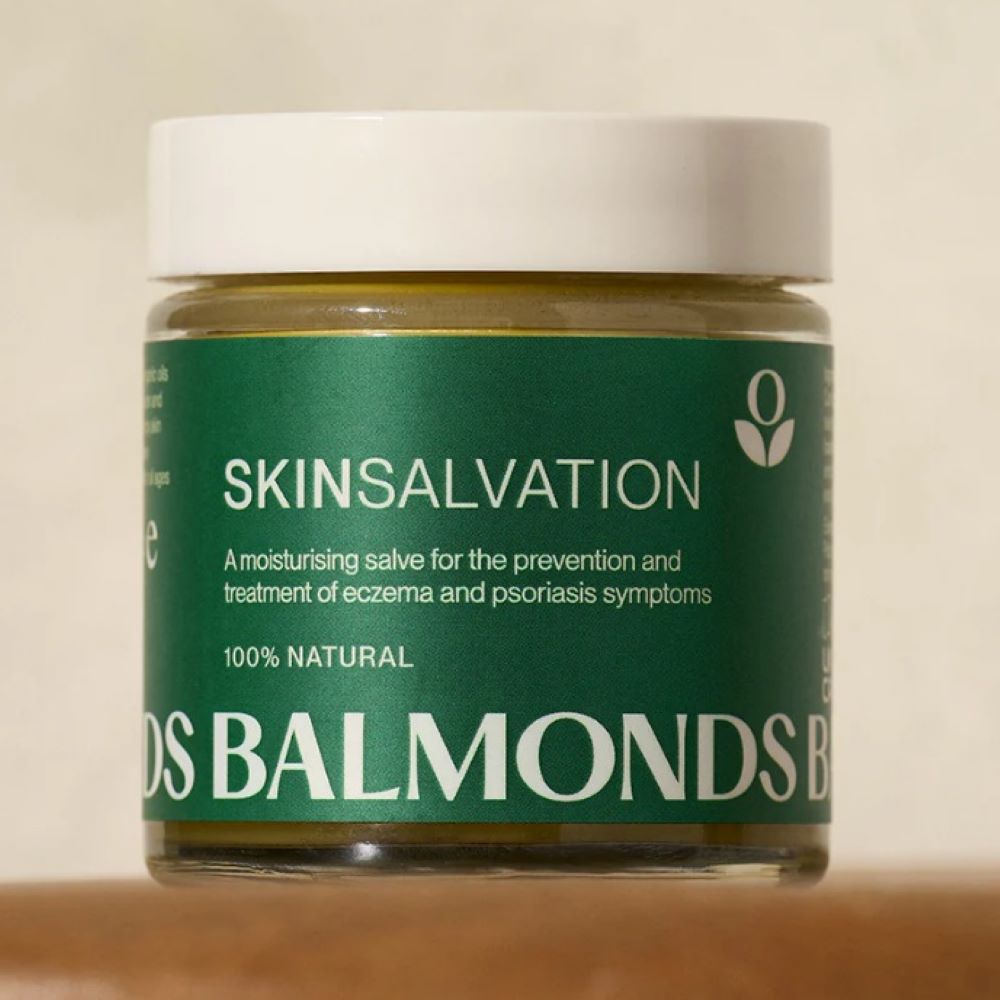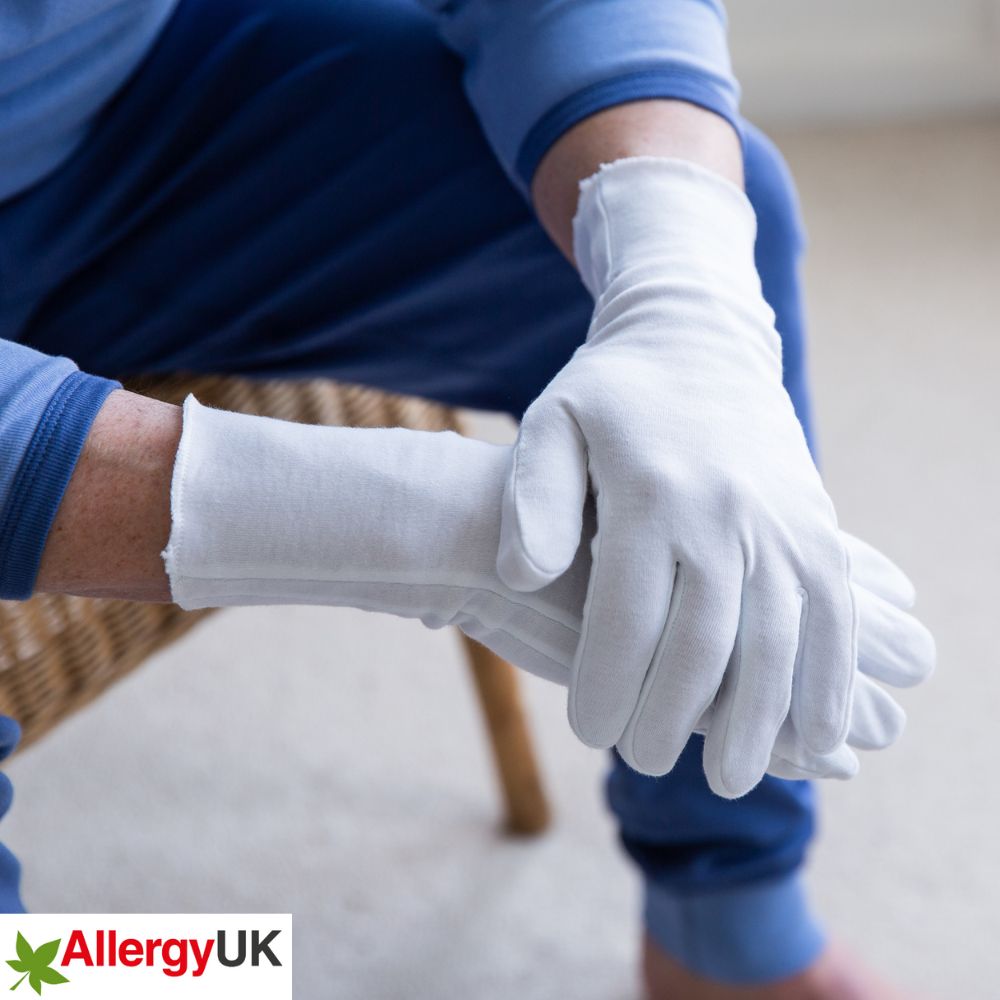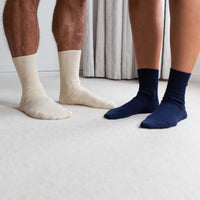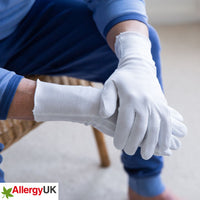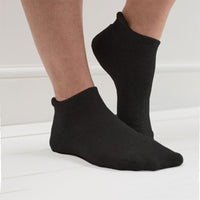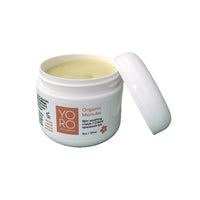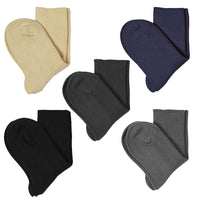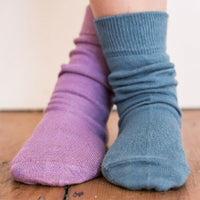
Why Skin Colour Matters When It Comes To Eczema
Why Skin Colour Matters When It Comes To Eczema
Most dermatology training in the UK is based on white skin yet the prevalence of eczema and psoriasis is significant across all skin tones. It was reading an excellent article on this (Decolonising Dermatology by Neil Singh in the Guardian) that prompted us at Eczema Clothing to ask ourselves how we can ensure we better represent and support the broad spectrum of skin tones that exists within our itchy skin community.
As well as starting to take a good look at our own practices, including our product range and photography, we wanted to open up the discussion in our blog. We are really excited to share our latest piece by journalist Sue Omar: Why Skin Colour Matters when it Comes to Eczema.
Sue has a breadth of experience writing for various publications including The Times, The Evening Standard, ELLE UK, & Grazia UK and we think you'll love reading her below insights on this important and timely topic.
The Need for Inclusivity in Eczema Research and Treatment
Medical advancements have greatly improved treatments and diagnostics for many conditions, yet racial disparities in healthcare still affect the accuracy and effectiveness of treatments for people of colour.
Differences in genetics, family health history, and ethnicity mean that many conditions, like eczema, can manifest uniquely across skin tones. This highlights the need for inclusive medical studies to ensure health professionals provide effective care for diverse backgrounds.
How To Identify Eczema In Dark Skin
Dermatology and skincare have historically favoured white skin in advertising and imagery, creating hierarchies that often overlook dark skin. This has led to a demand to decolonise dermatology and diversify medical education. Black-British medical student Malone Mukwende’s “Mind the Gap” handbook addresses this by offering a digital database showing how conditions like eczema appear on dark skin.

According to MayoClinic - a popular online source for medical information - “atopic dermatitis also known as eczema is a condition that makes your skin red and itchy.” Eczema, commonly showing redness on light skin, often appears as ashy-grey, purple, or brown pigmentation on darker skin due to melanin levels. This difference can lead to misdiagnosis, as mild eczema on dark skin may be mistaken for simple dryness. Dr. Ejikeme of Adonia Medical Clinic highlights the importance of consulting specialists for tailored treatment, noting the impact of skin health on overall wellness.
“The truth is, skin can really impact our general wellness, so if you have a concern that you can’t stop thinking about, you should visit a specialist skincare clinic for medical advice as soon as possible,” says Dr Ejikeme, British-Nigerian Medical Consultant and owner of the award-winning Adonia Medical Clinic based in London. “In our clinic, we offer so many treatments that work wonders on Black and brown skin, so booking a consultation can get you one step closer to identifying your issue,” she adds.

Signs of Eczema on Black Skin:
- Visible dryness and scaly on the skin to touch
- Hypo (light) or hyper (dark) pigmentation that causes uneven skin- tone
- Irritating inflammation caused by the common eczema itch
- Increased temperature and warmth in skin
- Thickened texture and leather-like feel
- Dark circles around the eyes and mouth
- Bumps that can appear in hair follicles on the head

Should you experience any of the above symptoms, make it a priority to seek medical advice to be diagnosed with eczema as soon as possible. If you are worried that your GP or other health professionals in your network may not be trained to treat dark skin, try to get a second opinion from a specialist skin clinic. For recommendations on the best specialist skin clinics for dark skin, head to The Black Skin Directory - an online platform founded by aesthetician Dija Ayodele to better connect people of colour to professional skincare, products experts and treatments.
Treatments For Eczema on Black Skin
Despite popular belief, there is no real cure for eczema but incorporating a few simple lifestyle changes can make living with the condition more comfortable. “Treatment needs to be holistic and consider diet, clothing, washing, environmental issues as well as actual creams or skin treatments,” says Jo Greenslade, Managing Director of Eczema Clothing. Here are a few other things to consider when treating eczema on darker skin…
Temperature Check
Significant temperature changes can cause havoc for those with eczema prone skin and sensitivity is one of the general symptoms of eczema, so when showering be sure to turn the temperature down to a warm temperature and avoid hot showers at all costs. Be sure to also select shower products and accessories that are gentle to the skin to minimise inflammation and flare-ups. Make sure you always do a patch-test to double check your skin’s natural response to the product before using on a regular basis. Or try a warm (not hot) bath and tie a clean pop sock with half a cup of oats in the foot onto the hot tap so the water runs through it and creates a soft milky solution to soothe your skin.

You Missed A Spot
Many people of colour may experience eczema without even realising at first as it can creep up in the cracks of the skin in small areas before spreading or becoming more prominent. Taking your time to moisturise with non-allergenic and fragrance-free creams after showering can help hydrate and soothe the skin. If you are concerned about hyper-pigmentation and un-even skin-tone triggered by your eczema – opt for moisturisers with active vitamin A, C and E to help colour correct these areas over time.
Clothing for Eczema
Like many people, you might be surprised to learn that clothing can cause irritation to the skin and make symptoms of eczema far worse. That’s why it’s super important to re-think your wardrobe, washing detergent and any other item of fabric that may come in close contact with your skin. Eczema Clothing stocks a wide-variety of inclusive, comfortable and stylish underwear, nightwear and base layers for children and adults that have been specifically designed to help people from all walks of life live comfortably with itchy skin and eczema.
Anti Inflammatory Diet for Eczema
As the saying goes, you are what you eat and this is especially true for skin conditions such as eczema. A healthy diet packed with anti-inflammatory foods can calm down irritation caused by eczema and reduce other symptoms. Try including more Omega-3 fatty acids - such as fish - fresh fruits and vegetables into your daily diet, as well as probiotics that promote good gut health. Foods to avoid for flare-ups include dairy, gluten, wheat and spices but this list can vary from person-to-person so it’s best to keep a food journal to monitor how your skin responds to what you consume.
Summary
Eczema manifests differently across skin tones, often appearing as ashy-grey, purple, or brown pigmentation on darker skin, leading to misdiagnosis. Consulting specialists is vital if GPs lack training in treating darker skin, with resources like The Black Skin Directory offering support.
Lifestyle changes, such as an anti-inflammatory diet, gentle skincare, and avoiding hot showers, can help manage symptoms. Clothing is also key—Eczema Clothing provides soft, skin-safe garments designed to reduce irritation and support comfortable living with eczema.
Useful Resources
- https://www.blackandbrownskin.co.uk/mindthegap
- blackskindirectory.com
- skincarenetwork.co.uk
- https://nationaleczema.org/lynells-story/
Images courtesy of www.blackandbrownskin.co.uk

